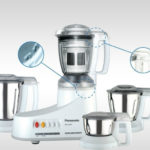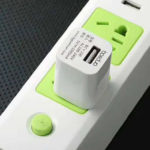On July 7, Vietnam received its first shipment of the Pfizer-BioNTech vaccine, consisting of 97,110 doses. This marks the first batch of the 31 million doses that Pfizer-BioNTech has committed to supplying to Vietnam in 2021. Additional batches from the company are expected to arrive in the country later this month. The Pfizer-BioNTech vaccine has shown 95% effectiveness in preventing symptomatic SARS-CoV-2 infections. So, who should get this vaccine, and who should not? Read on to find out more!
1 Is the Pfizer-BioNTech Vaccine Safe?
The World Health Organization (WHO) granted Emergency Use Listing (EUL) to the Pfizer-BioNTech vaccine on December 31, 2020. WHO has thoroughly assessed the quality, safety, and efficacy of this vaccine. The Pfizer-BioNTech vaccine is recommended for individuals aged 12 and above.
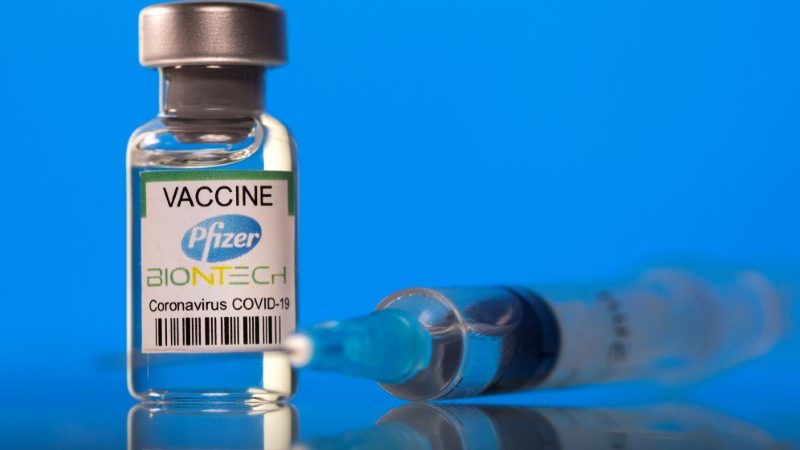 WHO has thoroughly assessed the quality, safety, and efficacy of the Pfizer-BioNTech vaccine
WHO has thoroughly assessed the quality, safety, and efficacy of the Pfizer-BioNTech vaccine
2 Who Should Get the Pfizer-BioNTech Vaccine First?
Given the complex nature of the pandemic, with a continuous rise in infections and limited vaccine supply, the Ministry of Health recommends prioritizing healthcare workers at high risk of exposure and the elderly, including those aged 65 and above.
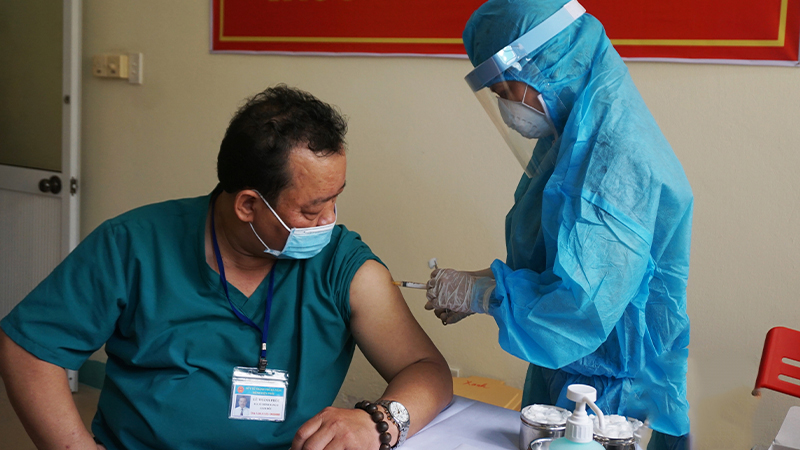 The Ministry of Health recommends prioritizing healthcare workers at high risk of exposure
The Ministry of Health recommends prioritizing healthcare workers at high risk of exposure
3 Who Should Not Get the Pfizer-BioNTech Vaccine?
- Global data currently does not support the safety and efficacy of the Pfizer-BioNTech vaccine for children under 12 years old. Therefore, this vaccine is not recommended for this age group until further data becomes available.
- Individuals with a history of severe allergic reactions to any component of the Pfizer-BioNTech vaccine should not receive this vaccine.
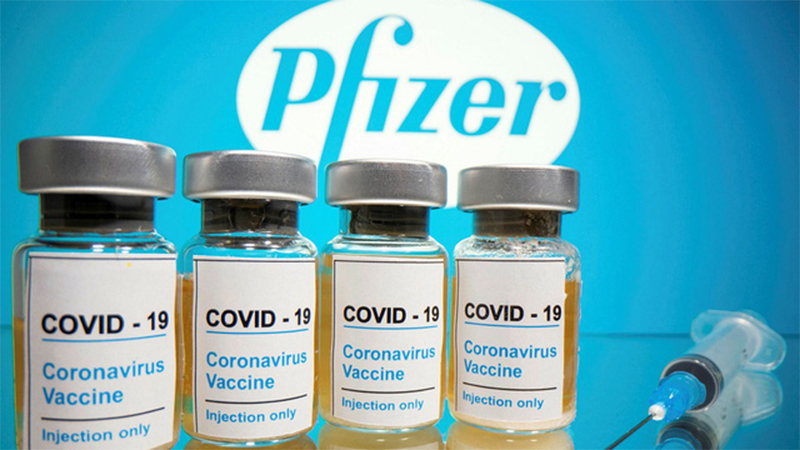 The Pfizer-BioNTech vaccine is not recommended for children under 12 years old
The Pfizer-BioNTech vaccine is not recommended for children under 12 years old
4 Who Else Can Get the Pfizer-BioNTech Vaccine?
The Pfizer-BioNTech vaccine is recommended for individuals aged 12 and above. Additionally, the following groups may also be considered for vaccination:
- Individuals with multiple underlying medical conditions, including hypertension, diabetes, asthma, lung, liver, or kidney disease, as well as chronic infectious diseases, that increase the risk of severe COVID-19, should be vaccinated once their conditions are stable and under control.
- Immunocompromised individuals fall within the recommended groups for vaccination. They may be vaccinated after receiving information and counseling regarding the vaccine.
- People living with HIV should be provided with information about the vaccine and, where possible, be offered counseling on the available data before receiving the Pfizer-BioNTech vaccine.
- The Pfizer-BioNTech vaccine can be administered to individuals with a history of COVID-19 infection. However, due to limited vaccine supply, these individuals may defer vaccination for up to 6 months after recovery from SARS-CoV-2 infection.
- WHO recommends the use of the Pfizer-BioNTech vaccine for breastfeeding women, in the same way as for other adults. According to WHO, breastfeeding women can continue to breastfeed as normal after receiving the vaccine.
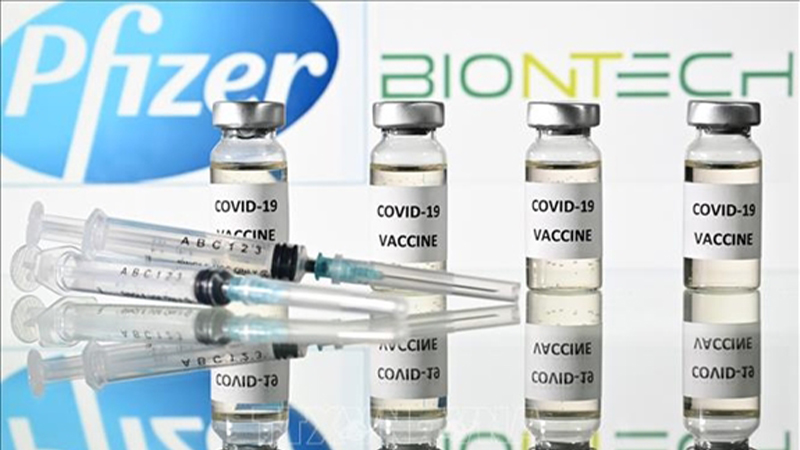 Individuals with multiple underlying medical conditions or HIV can receive the Pfizer-BioNTech vaccine
Individuals with multiple underlying medical conditions or HIV can receive the Pfizer-BioNTech vaccine
This article provides information about the newly arrived Pfizer-BioNTech vaccine in Vietnam, including who should and should not receive it. We hope this knowledge proves useful, and we wish you good health.
Source: Ministry of Health
Explore 12 Amazing Destinations for Biking Trips
Unlock Vietnam in a brand new way with an exciting biking tour! Discover the stunning beauty of the country with Dien May XANH’s top 12 must-see destinations. From sweeping plains to clear blue beaches and mountainous vistas – experience all the sights with your own personal cycling tour. Find your ideal route and set out for an adventure today!



























